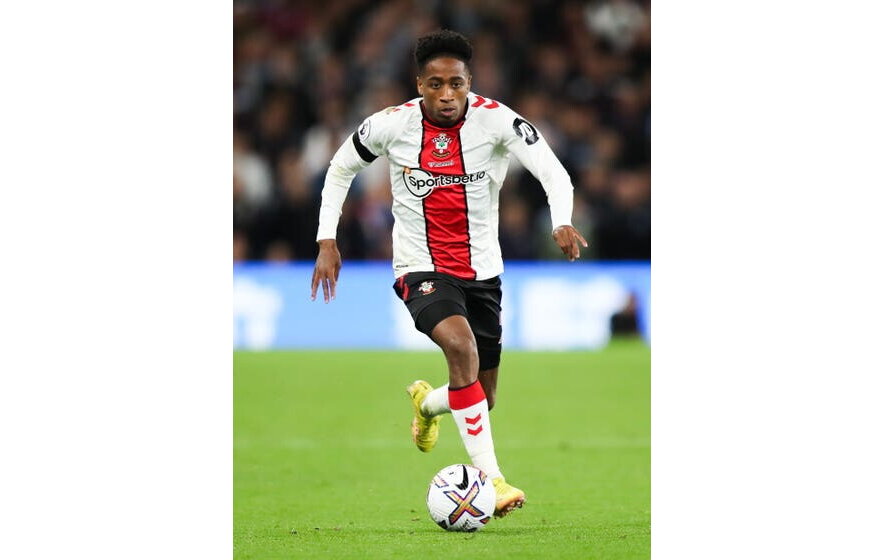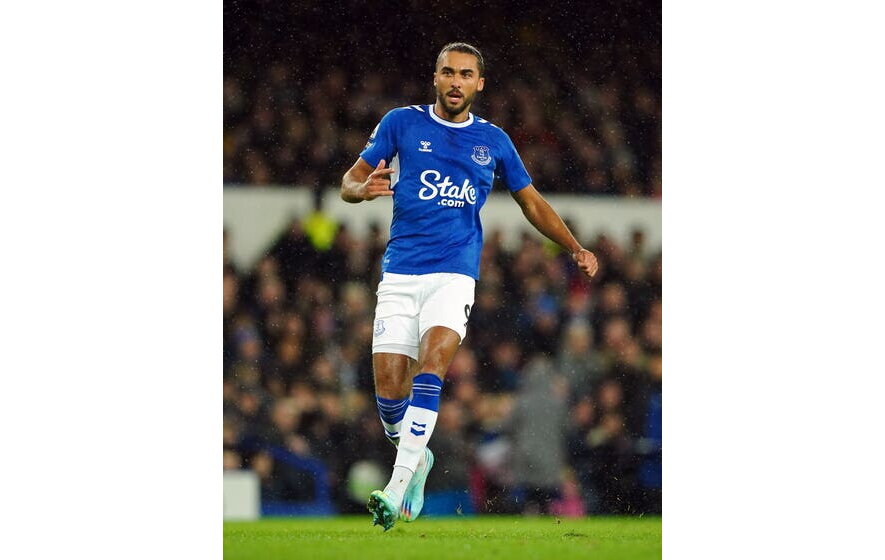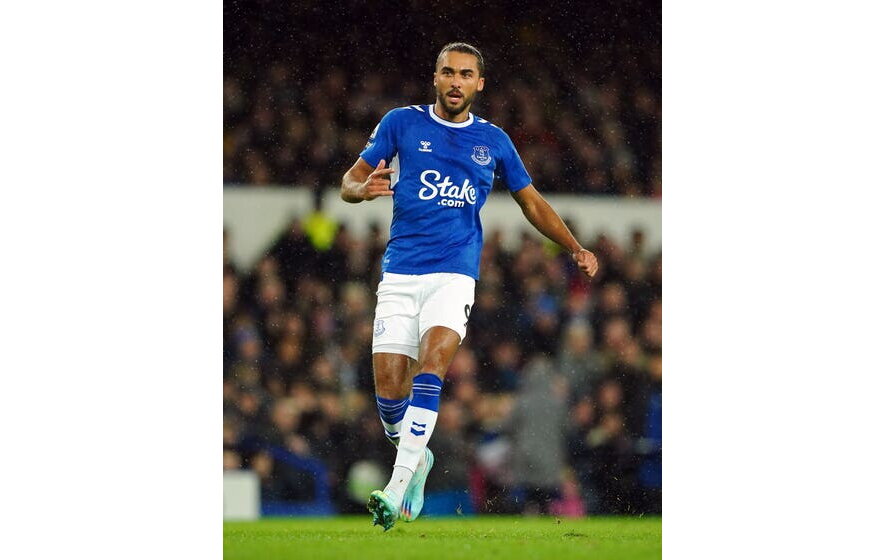Ninety percent of people in the UK believe gambling advertising in soccer should be overseen by a regulator, according to a new poll.
The poll, carried out by Savanta for the Christian charity CARE, found two out of three said there are “too many” gambling advertisements during television coverage of the game.
Adults in the UK were questioned on gambling-related issues as a government white paper on overall reform is due to be published.
Premier League clubs have agreed to withdraw gambling sponsorship from the front of their matchday shirts by the end of the 2025-26 season.

But they will still be allowed to feature gambling on shirt sleeves and in ground advertising. Eight English Premier league teams have gambling companies on the front of their shirts, estimated to be worth £60m a year.
The poll found 64% of respondents believe “too many” gambling adverts are shown during televised football games while nine out of ten said gambling advertising in UK football “should be overseen by a regulator”.
More than eight in 10 respondents, 85%, agreed a portion of profits from gambling should be used to help people facing addiction. Close to 90% support the implementation of checks to prevent people in financial difficulties from placing bets.

A majority, 66%, said gambling companies should be prohibited from offering controversial “VIP promotions” to customers.
CARE, which provides social policy analysis from a Christian perspective, said there was “undeniable” support for stricter regulation of gambling in the game.
Tim Cairns, the charity’s gambling policy lead, said the survey “illustrates public support for tougher measures, including a levy on gambling company profits, better oversight of advertising in sport, and an end to unethical promotions”.
“We again urge the government to introduce a robust statutory levy on industry profits to help those harmed by industry products,” Mr Cairns said.
“If leaks are accurate and the levy is to be one percent of profit, this will not be enough to help.
“If the government are serious about introducing a levy that will bring change, then it must be set at five percent.
“This is the minimum required to begin to address the immense harms we are witnessing to individuals, families, and whole communities.

“The public want to see advertising in football properly regulated. It’s striking that nine in ten people want to see power given to a regulator to ensure that gambling during football matches is safe and doesn’t lead to more harm.”
“People want to see the advertising during football matches reduced. During the average Premier League match a person sees 300 impressions of gambling companies. Two-thirds of the British public think that is too much. Change is needed.”
